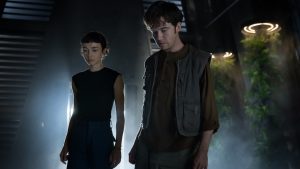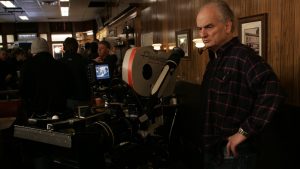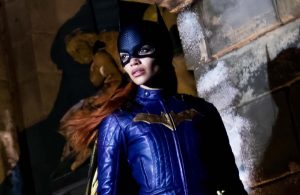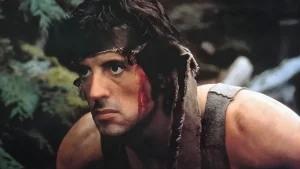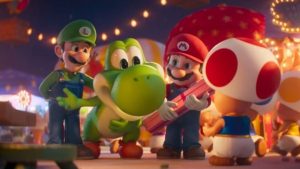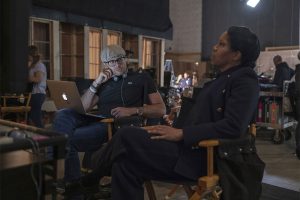The recent announcement that Robert Downey Jr. will don the mantle of Dr. Doom after years of embodying Tony Stark/Iron Man sent shockwaves through the entertainment sphere. Unveiled at Hall H, the news was met with wild enthusiasm from fans and a deluge of thinkpieces. This move is more than just a casting choice; it’s a microcosm of a broader trend where creativity is sacrificed for the comforting allure of nostalgia. While looking backwards to carve a path forward may seem like a reliable strategy, nostalgia-plays are inherently a limited resource. We will eventually run out of cameos and callbacks, especially if modern entertainment is already so focused on looking back. This ouroboros-like cycle, where the industry consumes its past, has significant implications for our broader cultural dynamics.
Nostalgia is a powerful driver of engagement and profits. Hollywood’s repeated dips into the well of the familiar are no surprise. Case in point: Deadpool & Wolverine’s record-breaking opening weekend, which raked in a staggering $205 million, driven largely by the return of beloved characters. Similarly, the post-Disney acquisition of Star Wars has leaned heavily on familiar faces and storylines—and has resulted in big profits—though the shine has dulled over time. The most recent sequel trilogy has largely aged like mud, highlighting the diminishing returns of banking too heavily on nostalgia.
But while nostalgia acts as a comfort food for audiences, it’s worth remembering that “comfort food may taste good, but it’s not good for us.” The entertainment industry’s overreliance on nostalgia comes at the expense of originality and creative risks. By continually mining the past, we stifle the evolution and innovation necessary for the growth of any artistic medium. New and diverse stories struggle to find their footing in a landscape dominated by reboots and familiar faces. This creative stagnation isn’t just a loss for the industry; it’s a cultural cost, as it limits the scope of narratives that reflect and shape our collective experience.
Enter the concept of MEGA-tainment: the phenomenon where entertainment, much like politics, becomes a vehicle for nostalgia-driven engagement. It’s the entertainment equivalent of the Make America Great Again (MAGA) movement, which taps into a collective longing for a perceived golden age, promising a return to simpler, more prosperous times—one that is impossible to actually define, amorphous, and maybe never existed at all. This nostalgic lens fosters a resistance to change and innovation, both in entertainment and politics, hindering societal progress and the acceptance of new ideas. It creates an environment where we are stuck in the past, reluctant to embrace the future. The parallels between these sectors suggest a broader cultural trend where nostalgia becomes a safe harbor in uncertain times, yet it is a harbor that offers no real growth or forward momentum.
An overreliance on nostalgia stifles creativity and cultural growth. In entertainment, this means fewer opportunities for new stories, diverse voices, and innovative concepts. Society, too, becomes reluctant to embrace change, clinging to a romanticized past at the expense of progress. The broader impact is a society that becomes complacent, nostalgic for a golden age that likely never existed as remembered, rather than addressing present challenges and future possibilities effectively. Casting someone like Cillian Murphy as Dr. Doom, a fan favorite for the role, could have propelled a new era of storytelling and inject fresh energy into the franchise – as opposed to a cynical admission that the only way forward is to look back.
The post Casting Robert Downey Jr. as Dr. Doom and the Ouroboros of MEGA-tainment appeared first on Silver Screen Riot.



